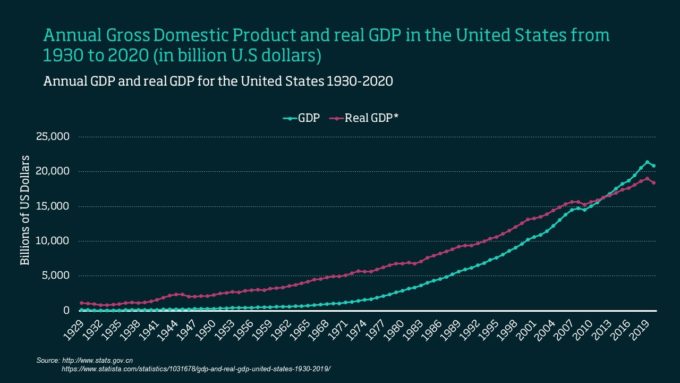Many of these businesses were family owned. In fact, as of 2021, more than 50 Chinese firms feature on the FamCap list of top 750 world’s largest family firms, a number that is expected to further increase over the coming years and decades.
Chinese family businesses and the dilemma of succession
But now, the first generation of China’s new business elite is close to retirement age and facing the tricky issue of succession. Succession is a difficult process at the best of times, complicated by the emotional ties within families and the uncertainty around the future of the firm.
While many family businesses in Europe, with six or seven generations under their belts, may have already formed mature governance structures and succession strategies, most newly-entrepreneurial Chinese families have little in the way of a point of reference – and, to make things even more challenging, only one heir.
Many affluent business families in China are further confronted with the challenging task of grooming a next generation of responsible wealth owners who feel a sense of responsibility and entrepreneurial eagerness, rather than just a desire to spend and live a luxurious life.
Research suggests that the human capital constraints due to China’s “one-child policy” impose significant negative impacts on family succession. For example, while working in the family firm is a crucial part of succession, having only one child reduces the likelihood of adult children working in family firm by 14%. Survey evidence shows only 35% of Chinese family businesses have second-generation relatives joining the leadership team and just 29% working on the board of directors – both lower than the global average.
The situation is exacerbated by the pressure to transform China’s economy and many of its family businesses that started out life in manufacturing, real estate and trade. If they don’t transform, they will die soon; if they transform, they can make a narrow escape.
However, Chinese family enterprises are unprepared for succession. Only 21% of family businesses in China have succession plans, significantly lower than the global average of 49%. Despite the strong wishes of the first generation, more than 80% of second generation family members do not want to take over the family business.
There are notable exceptions, such as Shengnong Development, China’s largest white feather broiler company and the supplier for McDonald’s and KFC. The founder Fu Guangming trained his only daughter Fu Fenfang to succeed him from elementary school age. He took her to attend company meetings and suggested that she studied a degree related to their family business. Now, Fu Fenfang, born in 1980, is the chairwoman of the firm.








